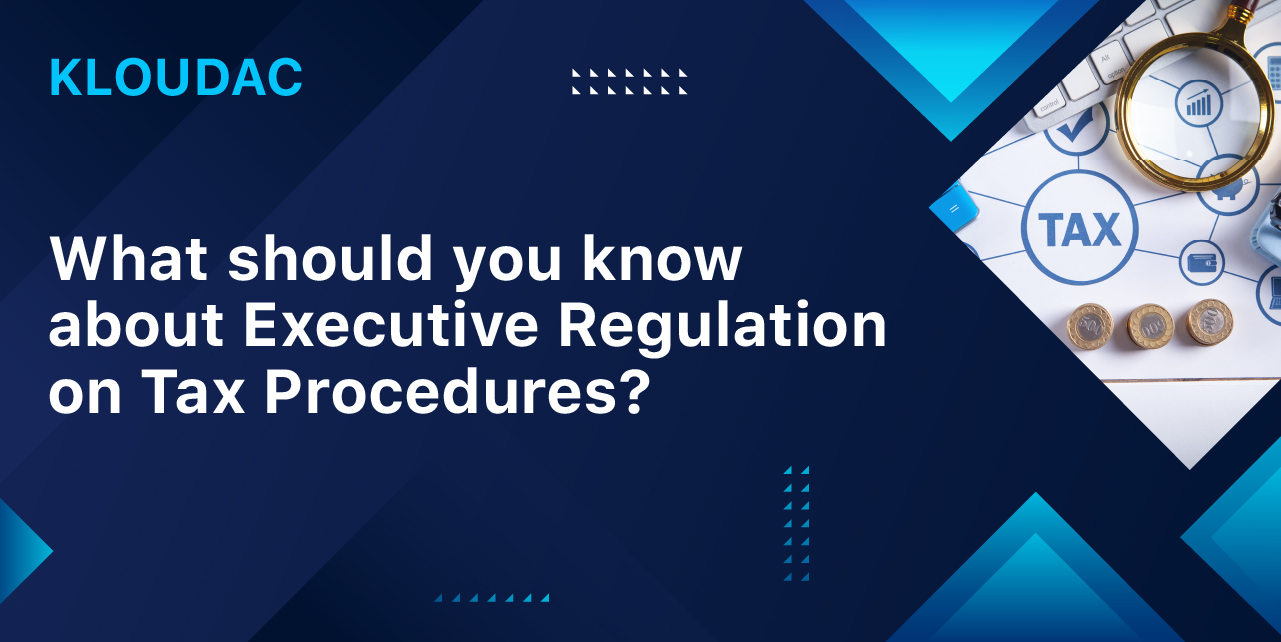In recent years, the United Arab Emirates (UAE) has emerged as a global economic powerhouse, attracting businesses and investors from around the world. As the UAE continues to grow and diversify its economy, it has implemented various regulations to ensure its financial stability and development. One crucial aspect of this regulatory landscape is the Executive Regulation of Tax Procedures, which plays a pivotal role in shaping the taxation framework within the country.
Understanding the Basics
The Executive Regulation on Tax Procedures was introduced as part of the UAE’s commitment to implementing the provisions of the Gulf Cooperation Council (GCC) Unified Agreement for Value-Added Tax (VAT). This regulation outlines the procedures and guidelines for managing tax-related matters, promoting transparency, and maintaining compliance with tax laws in the UAE. The regulation covers various aspects, ranging from tax registration to record-keeping and audits.
Key Highlights
- Tax Registration
One of the fundamental requirements under the Executive Regulation is tax registration. Businesses meeting specific criteria are obligated to register for VAT purposes. This process involves providing accurate and comprehensive information to the tax authorities, ensuring proper classification, and adhering to registration deadlines. - Taxable Supplies and Calculations
The regulation defines what constitutes taxable supplies and how to calculate the applicable tax. This includes understanding the distinction between standard-rated, zero-rated, and exempt supplies, as well as the importance of accurate invoicing and documentation. - Tax Returns and Payments
Businesses are required to submit regular tax returns, detailing their taxable transactions and associated taxes. Adhering to the stipulated deadlines is crucial to avoid penalties. Moreover, the regulation outlines the procedures for tax payments, emphasizing the importance of remitting the correct amount on time. - Record-Keeping
Maintaining accurate records of all financial transactions is a cornerstone of Executive Regulation. Businesses are expected to keep comprehensive records of their transactions, invoices, contracts, and other relevant documents. This not only facilitates smooth tax audits but also ensures transparency and accountability. - Audits and Investigations
The regulation empowers tax authorities to conduct audits and investigations to ensure compliance. Businesses should be prepared for these audits by maintaining well-organized records and cooperating fully with the authorities. - Penalties and Appeals
Non-compliance with the Executive Regulation can lead to penalties. It’s crucial to be aware of the various violations and their corresponding penalties outlined in the regulation. If a business disagrees with a penalty, there is a provision for appealing the decision through the established channels.
Implications for Businesses and Individuals
For businesses operating in the UAE, a thorough understanding of the Executive Regulation on Tax Procedures is indispensable. Compliance not only avoids potential penalties but also maintains the reputation of the business and fosters a positive relationship with the tax authorities. Adhering to the regulation’s guidelines ensures transparency and ethical financial practices, contributing to the overall economic development of the country.
KLOUDAC Accounting Firm Dubai, UAE
As the UAE continues to evolve as a global economic hub, its taxation framework adapts accordingly. The Executive Regulation on Tax Procedures stands as a cornerstone of this framework, guiding businesses and individuals through their tax-related responsibilities where KLOUDAC accounting firm plays a major role in helping out. By comprehending the regulation’s nuances and adhering to its stipulations, businesses can contribute to the UAE’s sustainable growth while safeguarding their own financial well-being.
